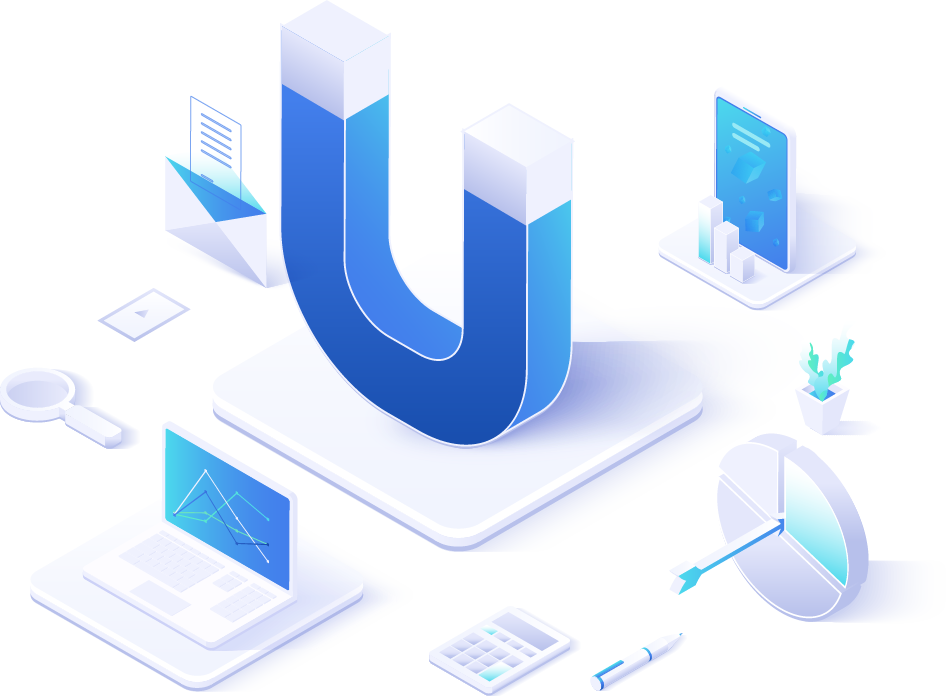- Chatbots to Consultants
Evolution of LLMs in Customer Service
Build AI-driven chatbots, assistants, and enterprise copilots using LLMs. CogniXSoft helps you deploy smart, scalable solutions for customer-facing workflows.


In recent years, customer service has undergone a major transformation. What began as static FAQ pages and basic chatbots has evolved into intelligent, human-like conversational interfaces driven by Large Language Models (LLMs). These advanced AI systems are redefining how companies interact with customers – providing faster responses, deeper personalization, and scalable support across channels.
This evolution isn’t just technological – it’s strategic. Businesses are moving from cost-saving automation to value-driven customer engagement, and LLMs are enabling this shift by making conversations more natural, useful, and dynamic. As enterprises seek to enhance their customer experience (CX), reduce operational load, and meet rising expectations, LLM application services are quickly becoming essential in the modern digital stack.
For years, rule-based chatbots were seen as the answer to high customer service volumes. These bots followed pre-programmed decision trees and responded to keywords. While they served a purpose—mainly by handling repetitive questions—they lacked true understanding. The moment a customer asked something unexpected, the experience collapsed.
Traditional chatbots could not retain context, interpret intent beyond predefined phrases, or adapt to changing customer needs. They were reactive and rigid. In contrast, LLMs bring fluidity, intelligence, and comprehension to conversations. Instead of answering “if-then” style questions, they engage in natural dialogue – analyzing customer language, identifying patterns, and generating relevant responses in real time.
LLMs like GPT-4, Claude, and Gemini have been trained on massive datasets across multiple domains. This allows them to understand nuance, context, and tone in ways previous systems never could. When integrated into customer service, they function more like virtual consultants than scripted bots.
One of the most significant benefits of LLMs is their ability to carry multi-turn conversations. They remember what was said previously, adjust tone based on sentiment, and tailor answers to the customer’s intent – not just their keywords. This creates a smoother, more human experience, even in automated environments.
Moreover, LLMs can summarize long queries, escalate issues only when necessary, and adapt their responses to match the customer’s preferred communication style. They can also retrieve and reference internal knowledge bases in real-time through techniques like Retrieval-Augmented Generation (RAG)—ensuring their responses are both accurate and aligned with company policies.
Adding LLM capabilities doesn’t mean replacing your existing customer service infrastructure. In fact, the most effective implementations are those where LLMs are embedded into existing CRMs, ticketing platforms, and helpdesk systems. When deployed strategically, LLMs enhance – not disrupt – your workflows.
For example, they can automate first-level queries across web chat, mobile apps, and messaging platforms like WhatsApp or Slack. More advanced configurations allow LLMs to assist human agents in real time, suggesting replies, pulling relevant documents, or summarizing the customer’s issue for faster resolution.
This hybrid model—often referred to as AI-human collaboration – significantly reduces resolution time, boosts accuracy, and improves customer satisfaction scores. Agents spend less time searching for answers and more time solving problems that require judgment and empathy.
While general-purpose LLMs are impressive, they are not always aligned with business-specific terminology, compliance needs, or regional nuances. That’s where fine-tuning and prompt engineering come into play. By training models on your company’s support tickets, policy documents, FAQs, and chat history, developers can create customized LLMs that speak your brand’s language and follow your protocols.
Such custom LLM applications can be deployed with guardrails to avoid hallucinations (false information), ensure safe and ethical outputs, and prioritize data privacy. The end result is a highly personalized AI assistant that mirrors your brand tone and operational logic.
Localization is another critical factor—especially in multilingual markets like India. LLMs can now support Indian languages like Hindi, Telugu, Tamil, and Bengali, expanding customer support to a broader audience. This makes them especially valuable for startups and enterprises serving tier-2 and tier-3 cities.
One of the common concerns around using advanced LLMs is cost. Hosting large models in real time can be resource-intensive, especially when scaled across thousands of users. However, smart engineering practices – like using hybrid architectures with smaller models for FAQs and large models for escalations – can dramatically reduce compute costs.
Additionally, many companies now choose to host LLMs privately using open-source models like Mistral or LLaMA on cloud or edge infrastructure. These approaches not only reduce reliance on external APIs but also improve data security and response time.
As demand grows, companies can scale their LLM services horizontally – across support, onboarding, knowledge management, and internal operations – without significantly increasing costs or complexity. This scalability makes LLM applications a long-term asset rather than a one-off automation tool.
Integrating LLMs into customer service is more than a tech upgrade – it’s a strategic investment in customer experience, operational efficiency, and brand differentiation. In highly competitive industries such as SaaS, fintech, retail, and logistics, how well you serve your customers can be the key to retention and growth.
LLM-powered applications empower businesses to:
At CogniXSoft, we help enterprises design, develop, and deploy LLM-based customer service applications that are scalable, secure, and performance-driven. Our expertise spans full-stack AI engineering, domain-specific fine-tuning, cloud deployment, and API integrations.
We work closely with your team to ensure the LLM fits within your tech ecosystem and supports your business goals—not just from a technical standpoint, but from a customer success perspective.
As LLMs continue to evolve, their role in customer service will only grow more prominent. Businesses that invest early in LLM application services will not only automate support tasks – they’ll build intelligent systems that learn, adapt, and enhance every customer interaction.
For organizations ready to go beyond basic chatbots and embrace AI-powered customer engagement, LLMs represent a powerful step forward. With the right strategy, tools, and implementation partner, you can deliver support that’s fast, intelligent, and deeply aligned with your customers’ needs.
Subscribe to the CogniXsoft newsletters – Join our community to receive the latest insights, industry trends, and exclusive updates on our services.
